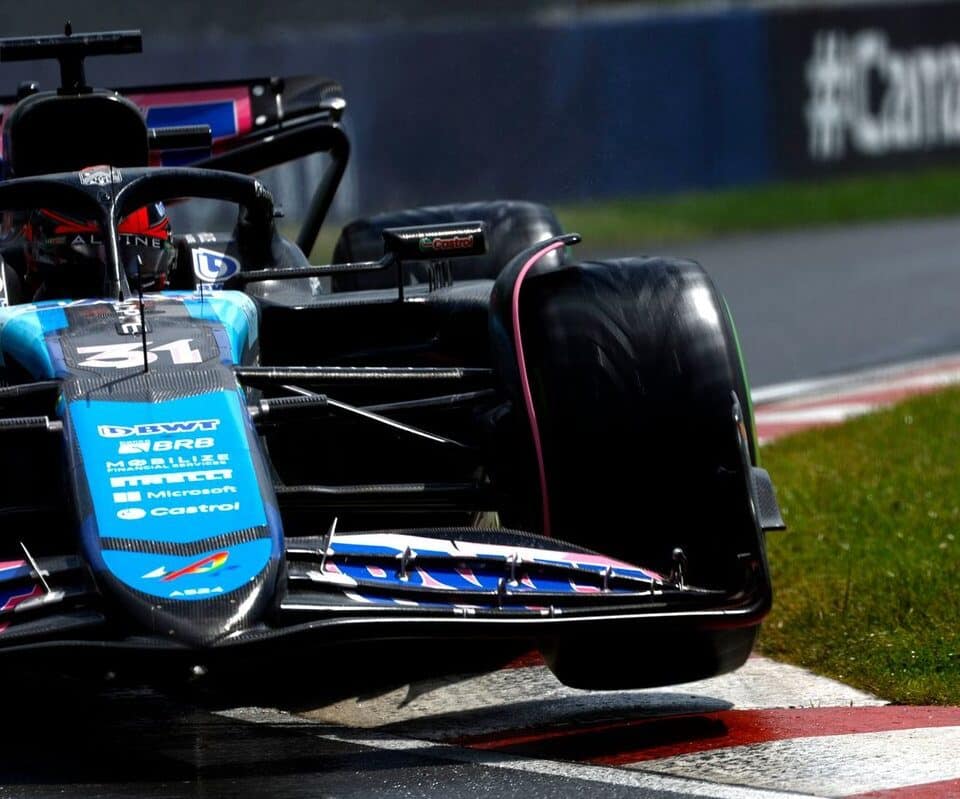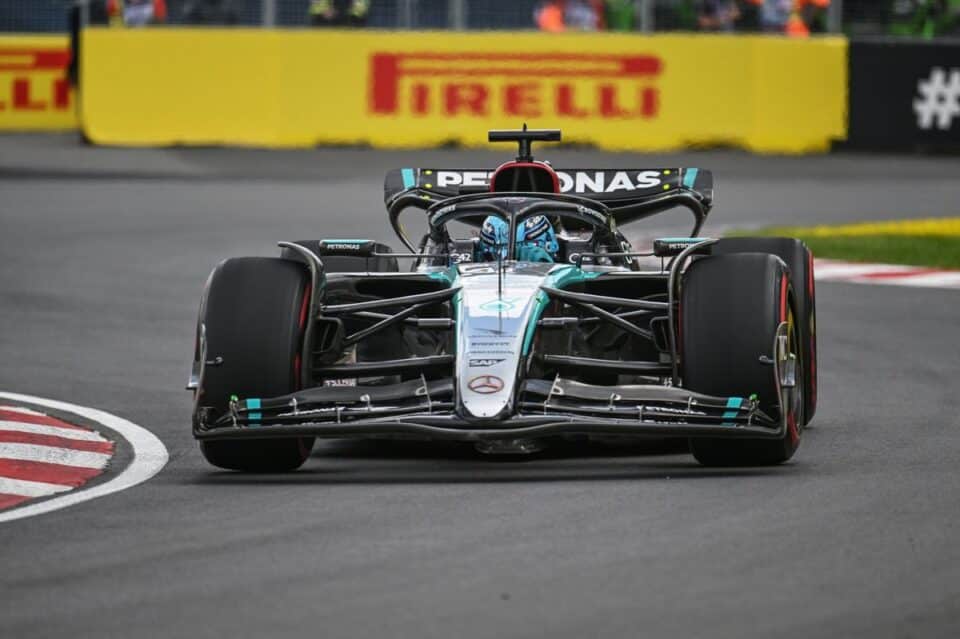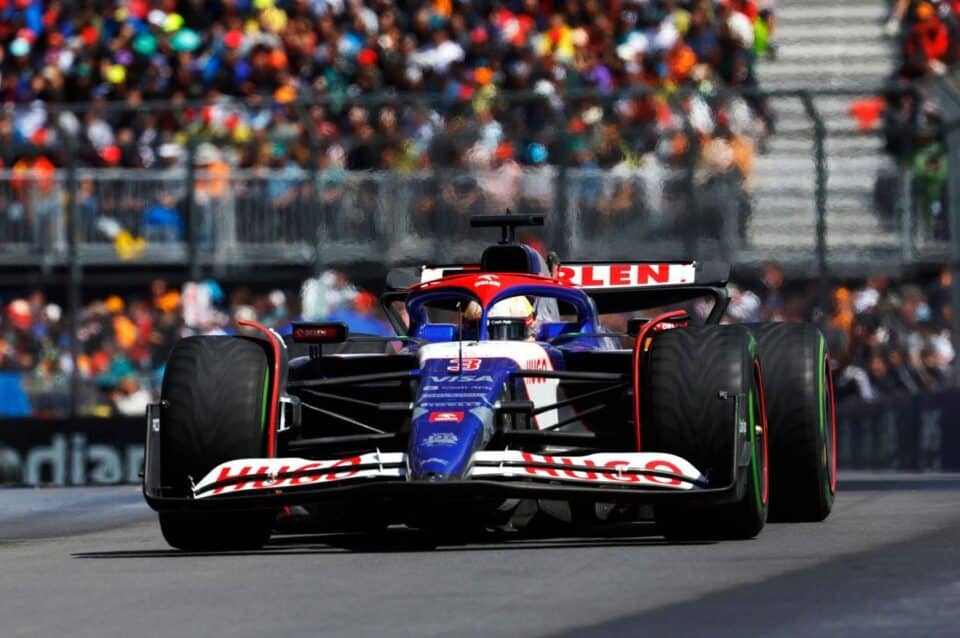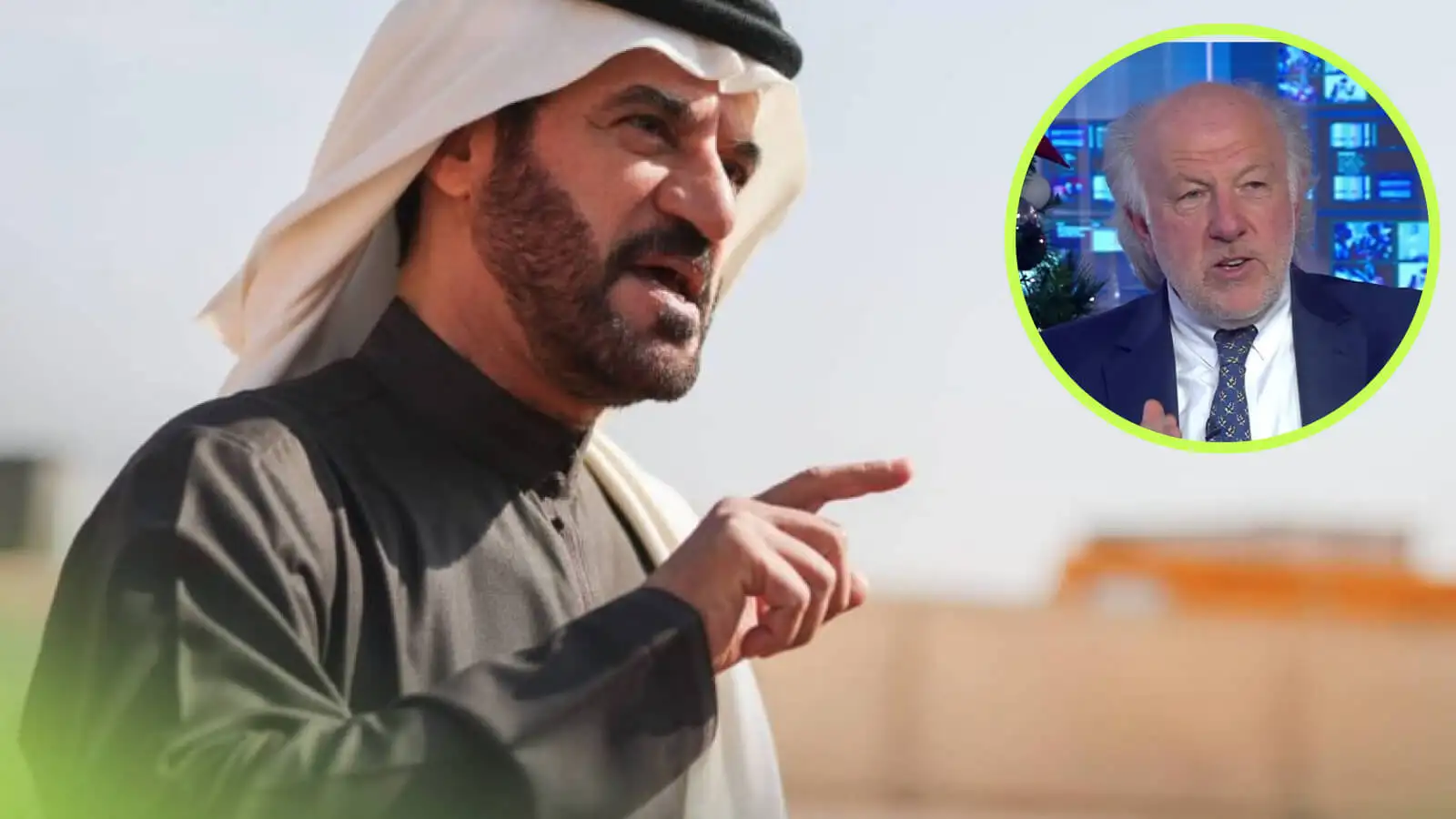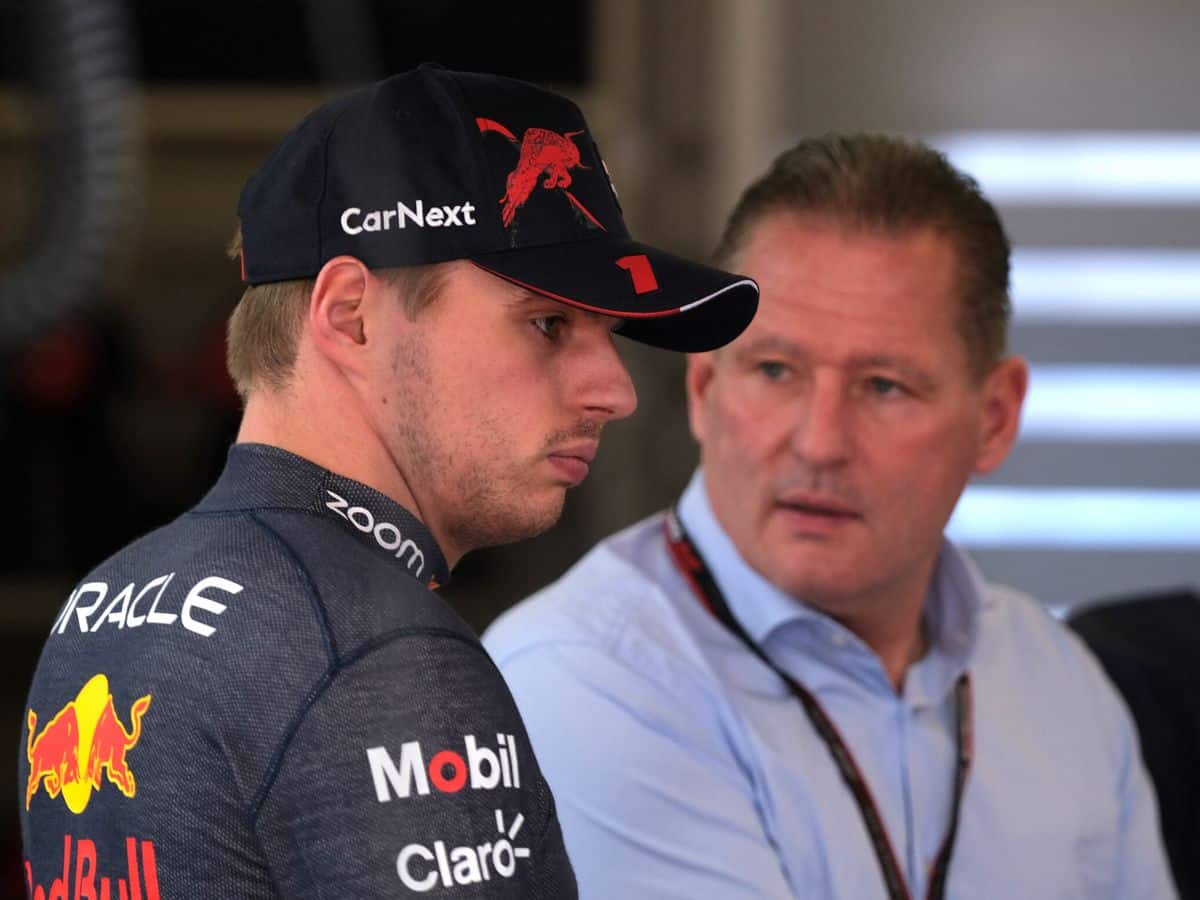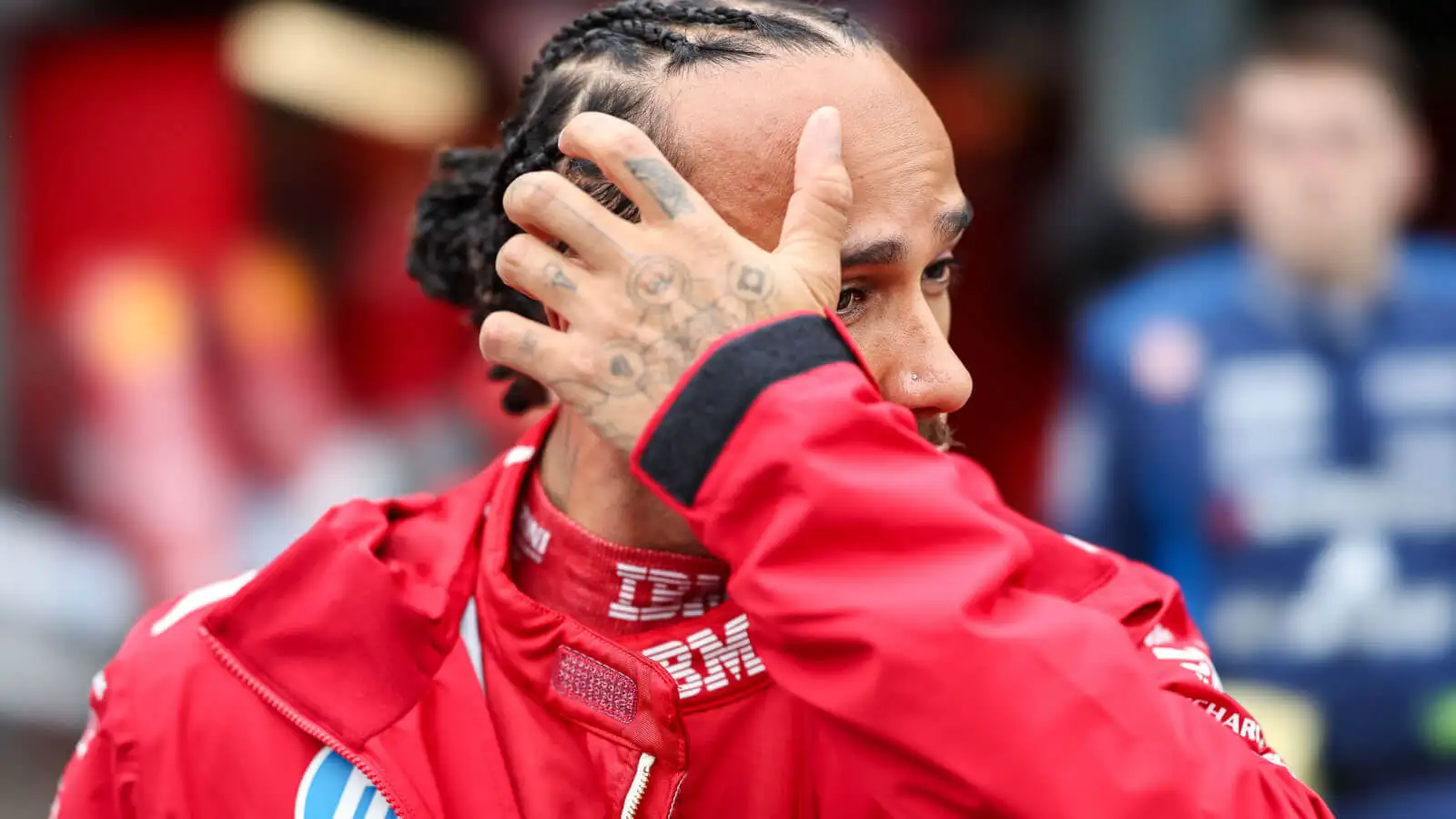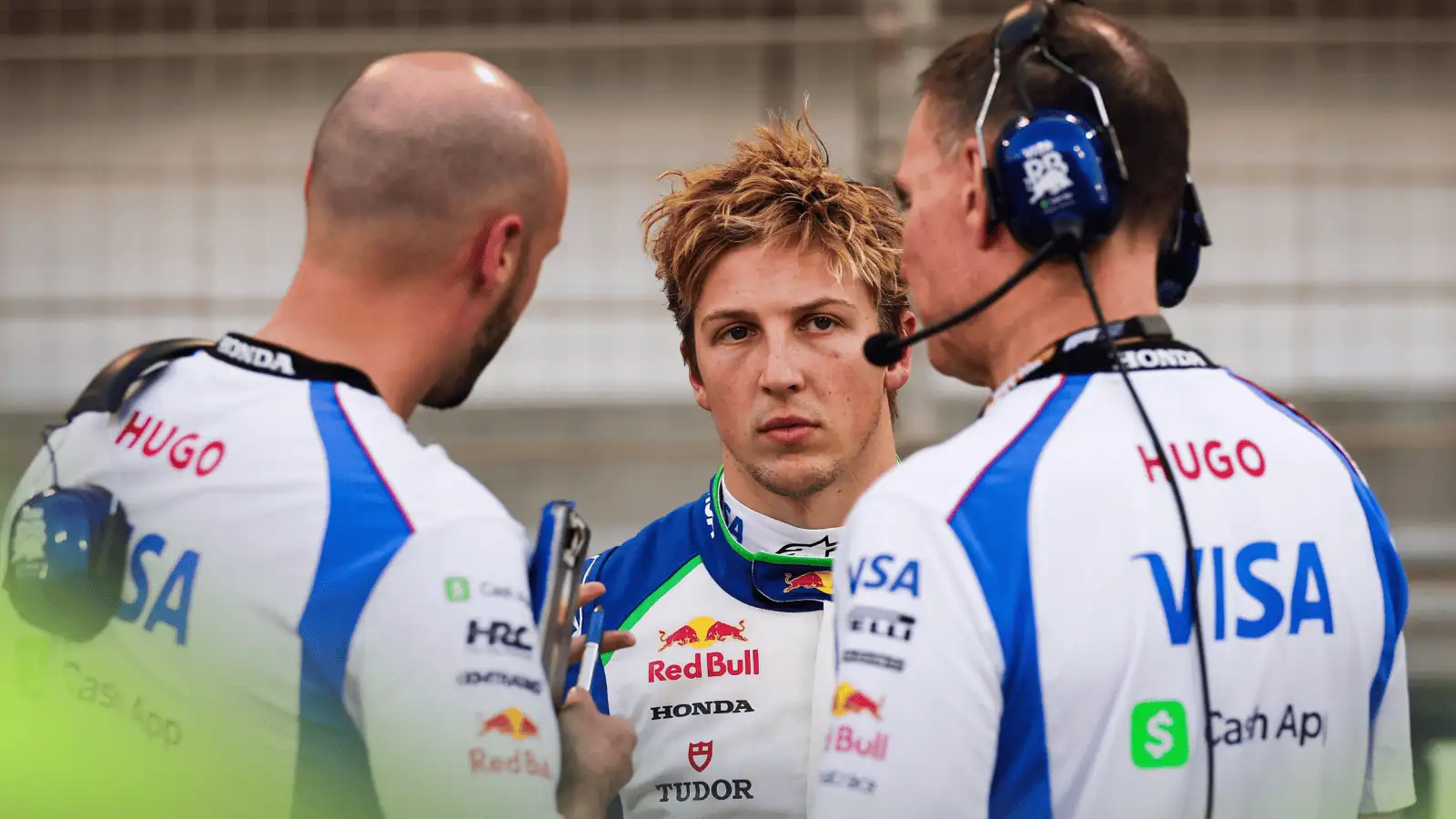Esteban Ocon was furious with his Alpine team after the Canadian Grand Prix, accusing them of breaking a promise made during the race.
During the final laps of the Montreal race, Ocon let his teammate Pierre Gasly pass, expecting to reclaim his position if Gasly couldn’t overtake Daniel Ricciardo. However, that exchange never happened, leaving Ocon feeling betrayed by his team.
“No, it is unexplainable, that one,” Ocon vented post-race. “I’ve always respected the instructions that I’ve been given, and I’ve done that once more. I’m the nice guy! I’ve done my part of the job – the team hasn’t, honestly. It is not fair, on that race. So, I’m very frustrated with how things have been played out.”
Gasly had been pressing Ricciardo for several laps when Yuki Tsunoda’s spin allowed Ricciardo to move up, with Ocon following suit. Alpine then requested Ocon let Gasly through on lap 68, hoping Gasly could challenge Ricciardo. Ocon, who had been dealing with energy management issues, was reluctant but finally agreed on the condition that he’d get his spot back if Gasly failed to overtake.
Ocon let Gasly pass between Turns 7 and 8 on lap 69, but there wasn’t enough time for Gasly to pass Ricciardo. As the final lap neared its end, Ocon expected Gasly to return the favor, but that call never came. Instead, Ocon was told, “Esteban, the cars are not swapping places. Push to the end, please.” This directive left Ocon feeling let down, especially as he had played his part in helping the team.
The team’s decision not to swap the positions back was due to the proximity of Haas driver Nico Hulkenberg. There was a risk that if the two Alpine cars swapped, they might lose a position to Hulkenberg.
Alpine team principal Bruno Famin acknowledged the difficulty of such decisions but emphasized they were made in the team’s best interest. “But we did it. We did it for the sake of the team on purpose. I think Esteban was fighting a bit with the energy management, consuming quite a lot of energy and then we had two Haas [cars] on the back.”
Famin continued, “Esteban was slowing everybody, it was quite obvious on TV, and the risk was to have the two Haas cars passing us. And that’s why we gave that instruction. They are saying things at the end of the race, but the day after we’re on a different mind.”
Though Ocon felt wronged in the heat of the moment, the decision prioritized the team’s overall success. Such situations are part and parcel of F1 racing, where team strategies sometimes clash with individual ambitions.
Source: Motorsport
